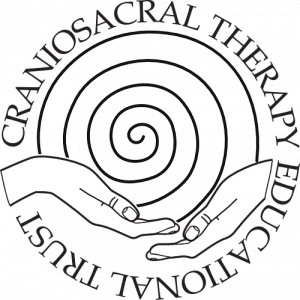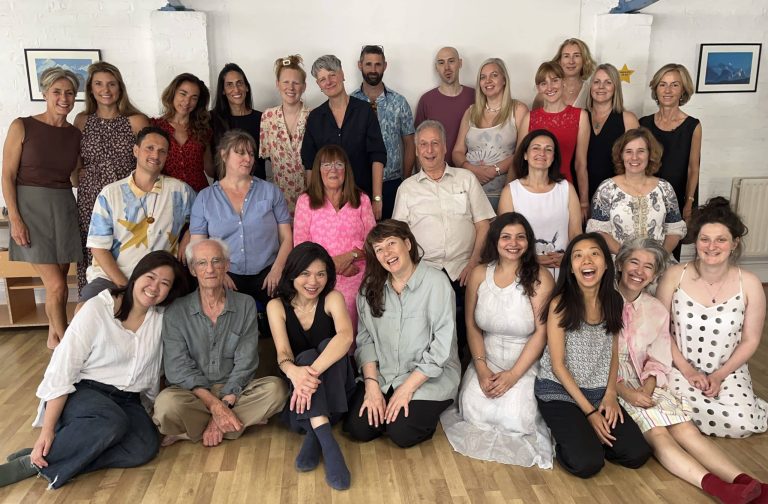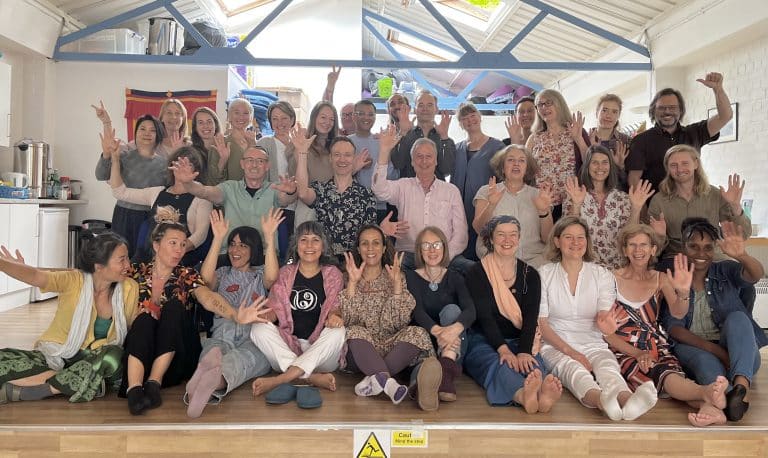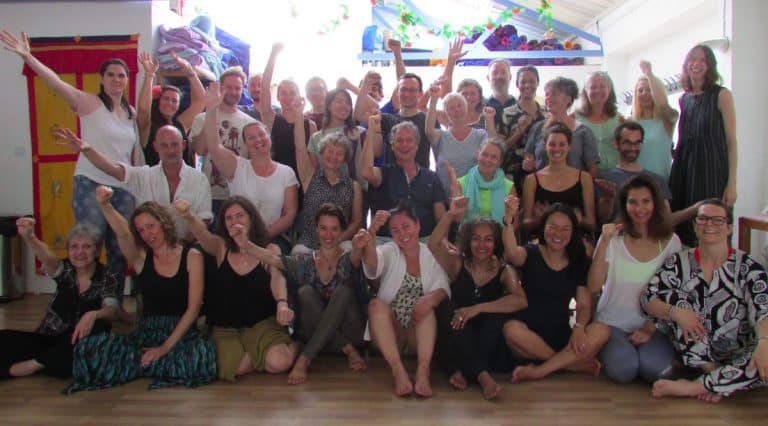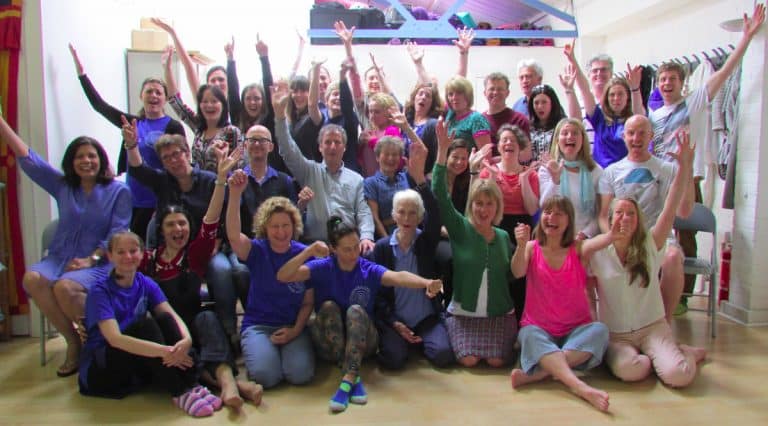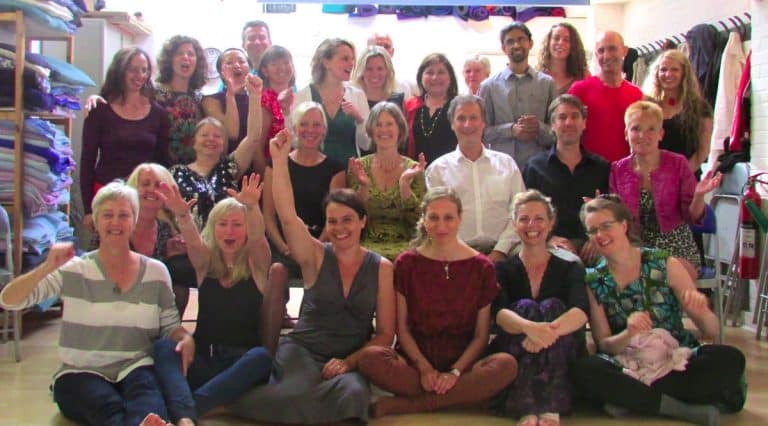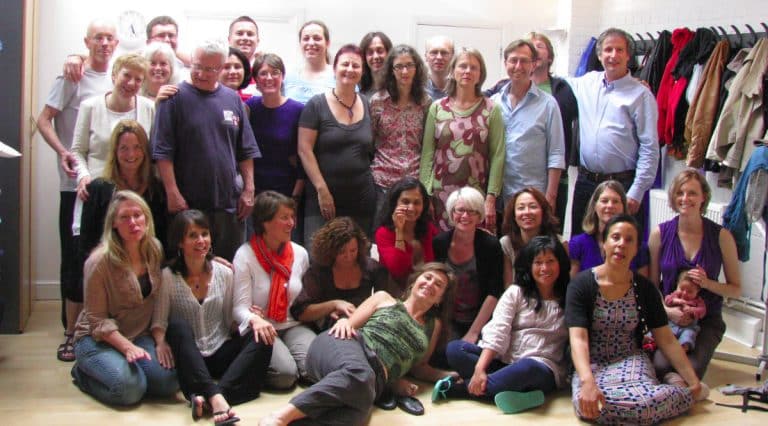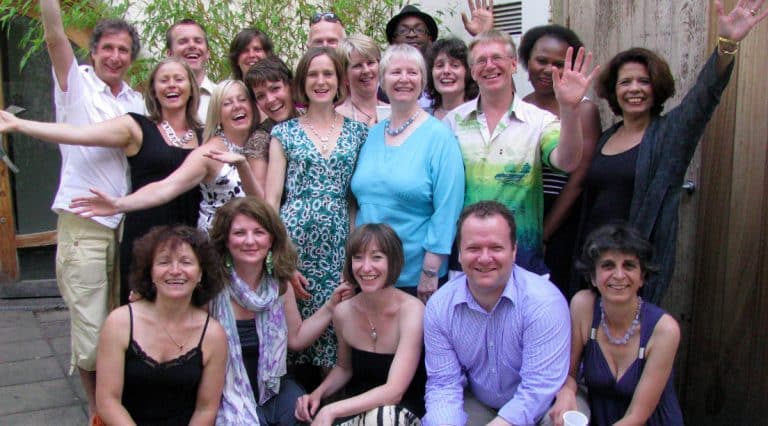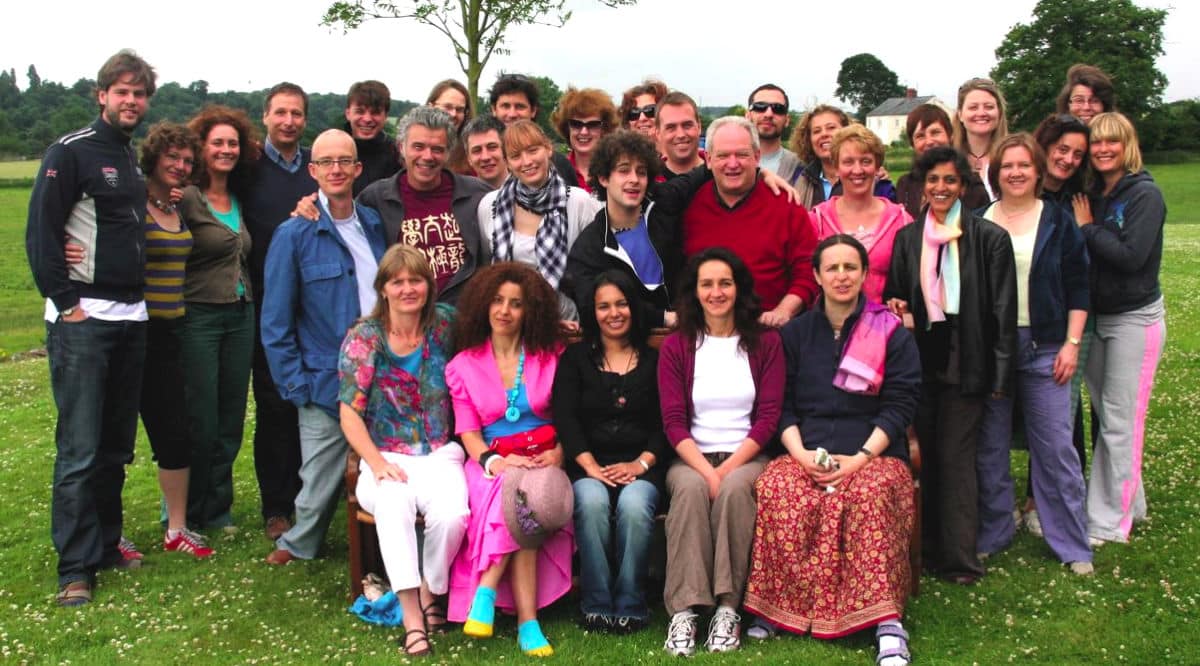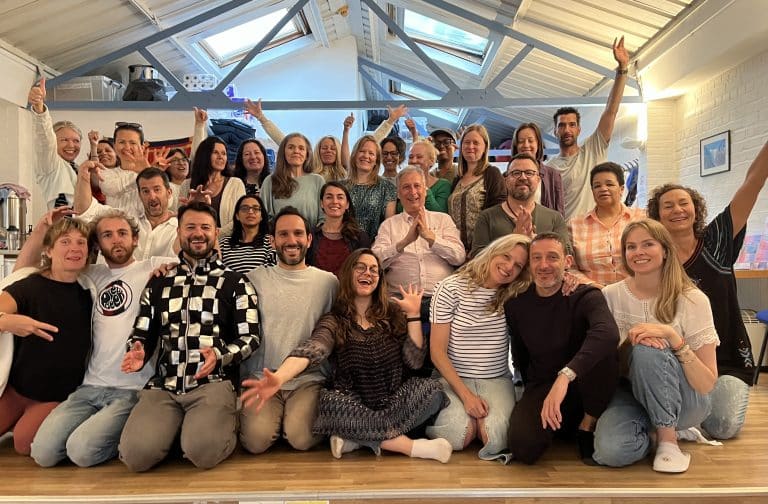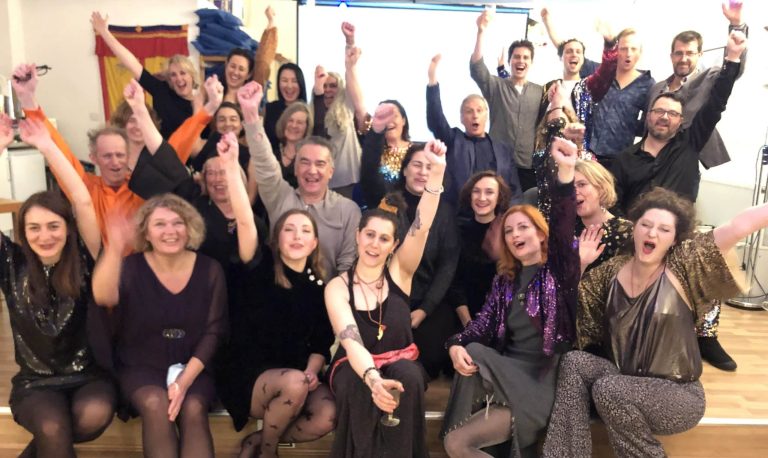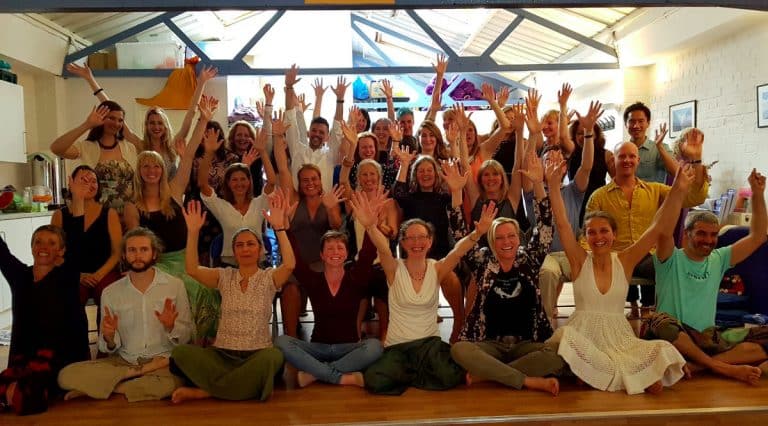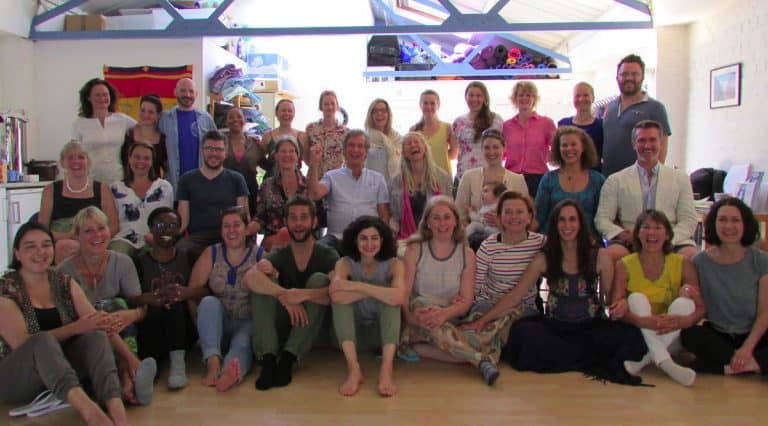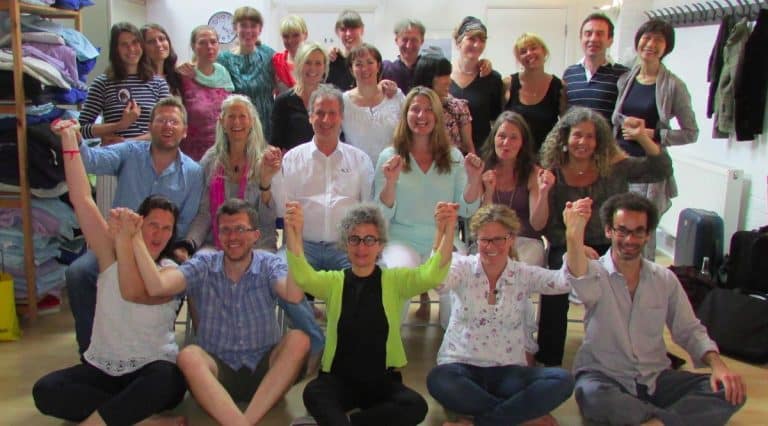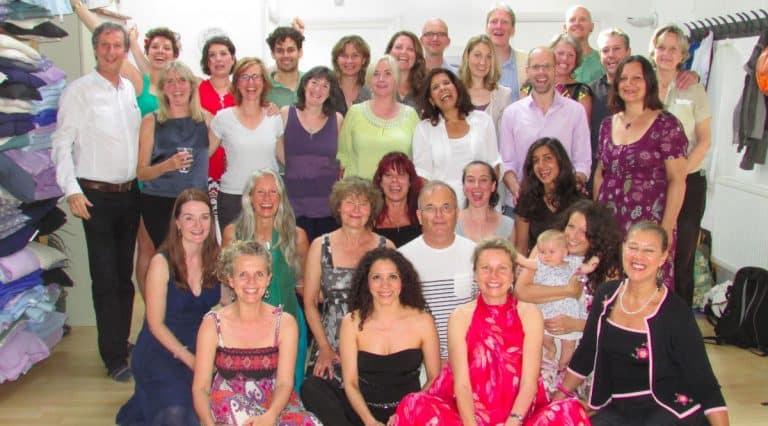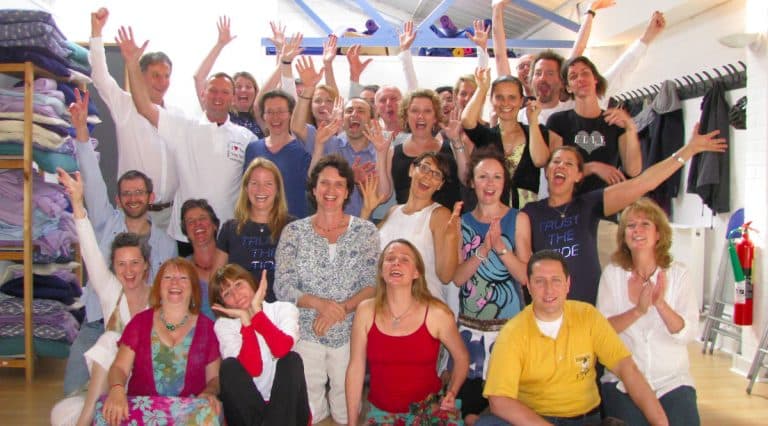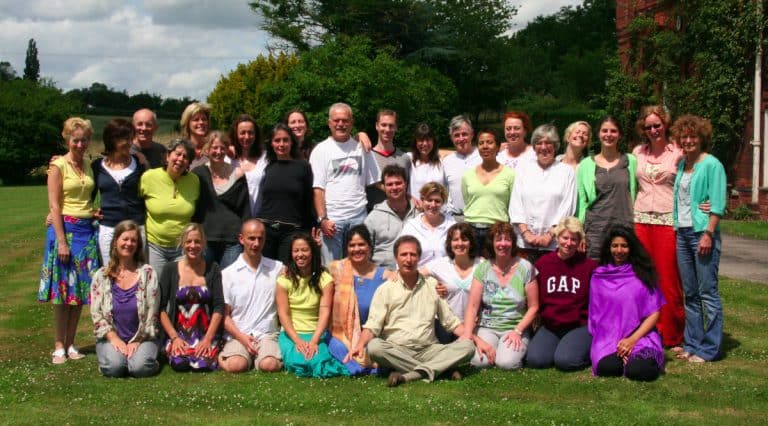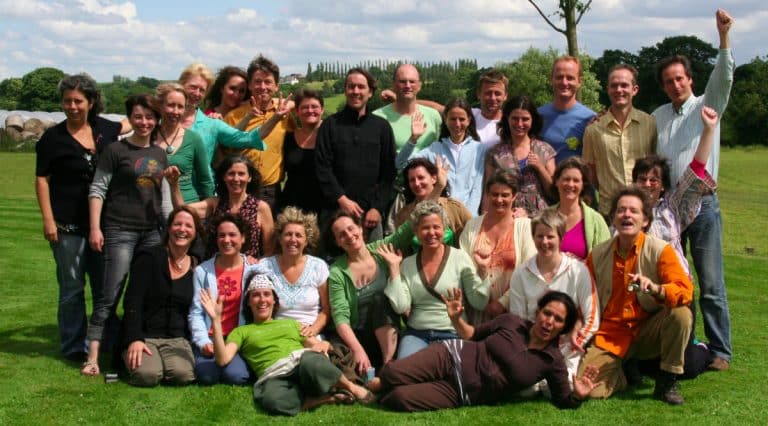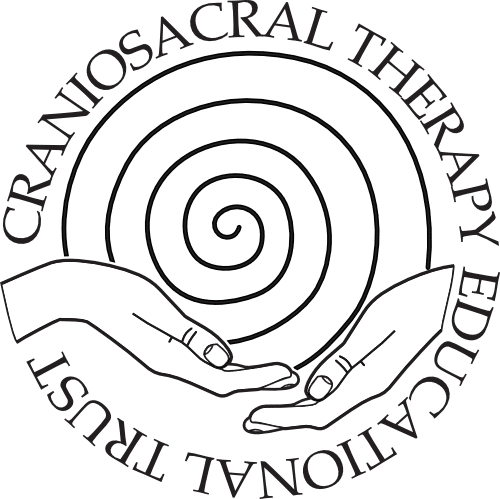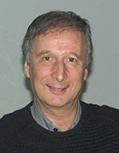Graduation
Craniosacral Therapy Practitioner Training
Your intelligence is always with you, overseeing your body, even though you may not be aware of its work . . . Your intelligence is marvellously intimate. It's not in front of you or behind, or to the left or to the right.
Jelaluddin Rumi (transl. Coleman Barks)
It is the aim of the Trust to train highly skilled and caring practitioners who have integrated key aspects of biodynamic craniosacral work prior to graduation.
- Graduation is dependent upon the development of palpatory and therapeutic skills and fitness to practice to a professional standard. This standard is monitored by continual assessment and the satisfactory completion of course work.
- All homework and practice assignments must be completed to a satisfactory standard. In this regard the special needs of any students are always taken into consideration.
- A practical assessment and a take-home written examination must be satisfactorily completed.
- With a training of this nature, regular attendance is essential. Full attendance of the seminars should be aimed for, but in the event of any absence students will be required to make up for any missed work. This may involve taking a private tutorial with an approved teacher (at your own expense). A minimum of 80% class attendance is required for graduation.
- All mandatory hours at the Teaching Clinic must be satisfactorily completed prior to graduation.
Diploma of Professional Practice
Successful graduates are awarded a Practitioner Diploma in Craniosacral Therapy by the Trust.
Graduates are awarded the designated letters BCST (Biodynamic Craniosacral Therapist). The BCST award comes from the Trust as part of its membership of the International Affiliation of Biodynamic Trainings. Graduates will be automatically entered onto the register of the International Affiliation of Biodynamic Trainings.
Graduates are also eligible to join the International Cranial Association (ICrA), Complementary and Natural Healthcare Council (CNHC) and Complementary Medical Association (CMA). These organisations are leading professional bodies in the UK. CNHC and CMA help to maintain standards and protect both Craniosacral Therapy practitioners and their clients.
Furthermore, graduates are eligible to join Craniosacral Therapy practitioner associations in the USA, Canada, Spain, Switzerland, Italy, Scandinavia, Ireland, France, South Africa, Australia, New Zealand and many other countries.
